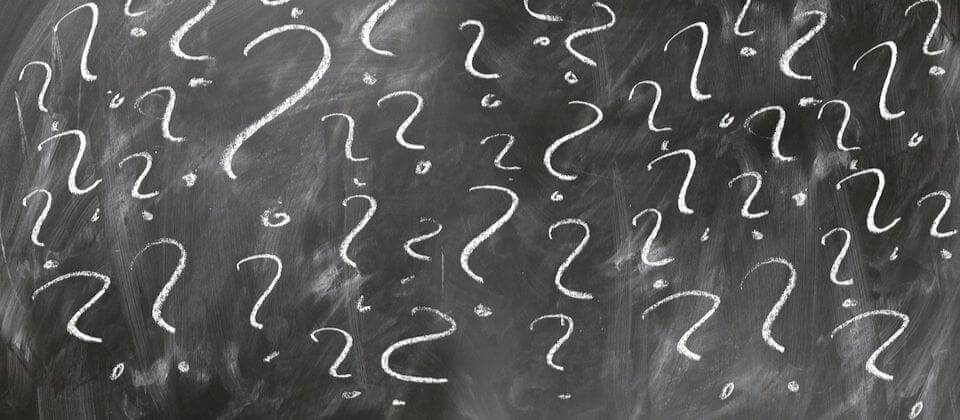Difference between Interrogative Pronouns & Interrogative Adjectives

Sometimes the same, or very similar, words are used as both pronouns and adjectives in English, and in very similar looking constructions, which can cause a lot of confusion for learners. Here we’ll look at the difference between interrogative pronouns and interrogative adjectives.
See also:
Demonstrative Pronouns and Demonstrative Adjectives
Possessive Pronouns and Possessive Adjectives
Both interrogative pronouns and interrogative adjectives are used to form questions.
INTERROGATIVE ADJECTIVES
An interrogative adjective is used with a noun.
what, which, whose
what is used when the options are unknown
which is used when the options are know
whose is used for possession
What film are you watching?
Which shoes are you going to wear?
Whose bag is this?
INTERROGATIVE PRONOUNS
An interrogative pronoun stands in place of a noun.
who, whom, whose, which, what<
who is used only with people
whom is used only with people, but is rarely seen nowadays
whose is used for possession
what is used when the options are unknown
which is used when the options are know
Who ate the cake?
Whom shall we speak to?
Whose was stolen?
Which is prettier?
What does she want?
More Examples
Interrogative Adjectives
Which book is yours?
What colour is your hair?
Whose coat is that?
Interrogative Pronouns
Which is your book?
What is your task?
Who do you want to win the game?
What is the colour of your hair?
Beware of whose and who’s
whose, as we have seen above is used to ask a question involving possession
who’s is a contracted form of ‘who is’ or ‘who has’
Whose wallet is this? = who does this wallet belong to?
Who’s going to pay for dinner? = Who is going to pay for dinner? (who + present continuous)
Who’s lost their wallet? = Who has lost their wallet? = (who + present perfect)
PRACTICE EXERCISES
1. Is an interrogative pronoun or an interrogative adjective being used
Whose is the money on the table?
What are we having for dinner?
Which book do you like best?
Who wants an ice-cream?
Whose jumper is this?
2. Interrogative adjectives and interrogative pronouns are used to:
(a) show ownership
(b) link two sentences together
(c) form questions
(d) give more information about a noun
3. The interrogative which is used when:
(a) you don’t know what the options to choose from are
(b) you know the options available
(c) only when discussing people
(d) to show possession
Answer
1. pronoun, pronoun, adjective, pronoun, adjective
2. c 3. b